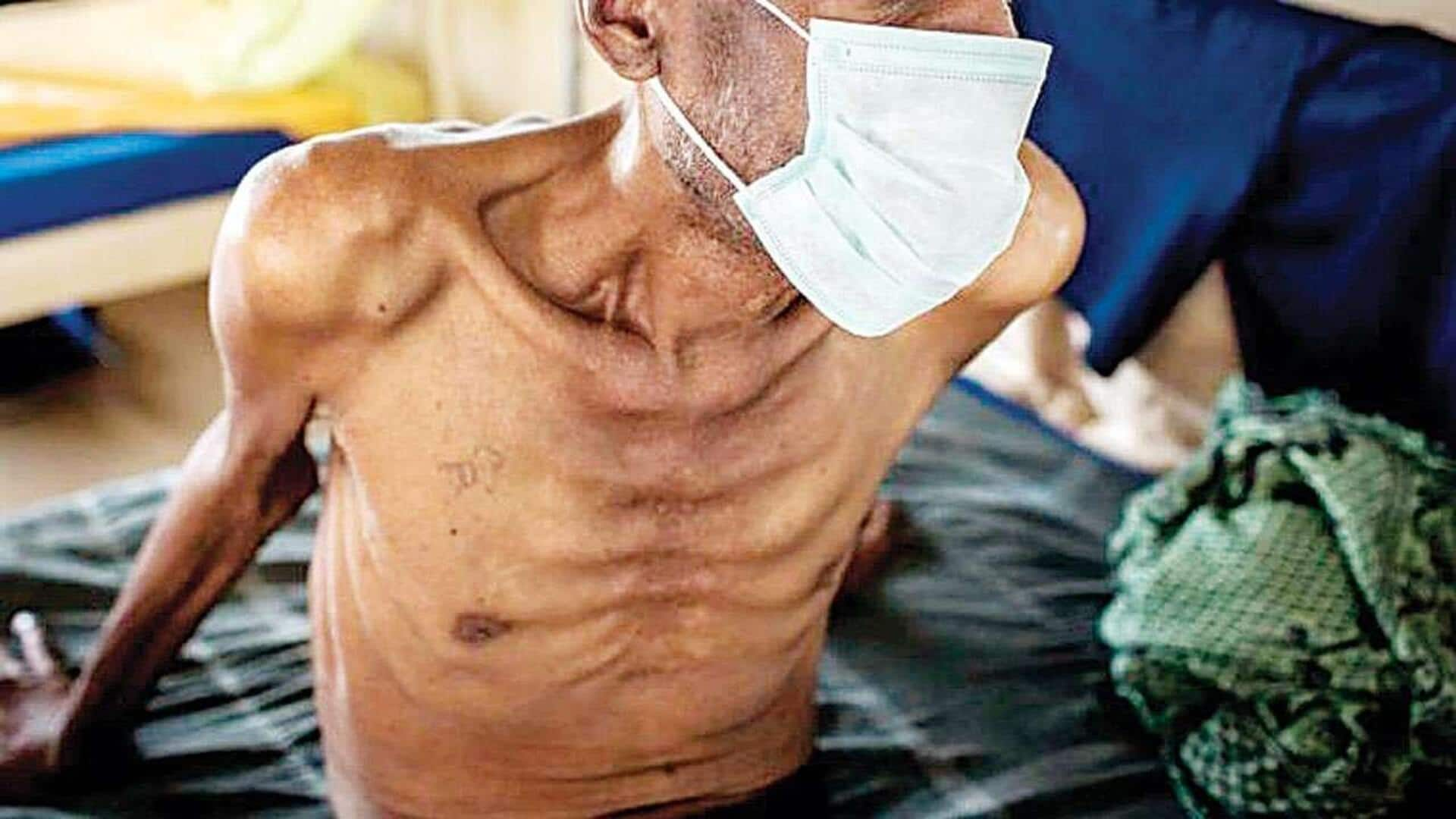
WHO issues new guidelines on tuberculosis and undernutrition
What's the story
The World Health Organization (WHO) has issued new recommendations on tuberculosis (TB) and undernutrition as part of its new consolidated guidelines on TB. The recommendations are part of the WHO's End TB Strategy, which aims to tackle the disease's root causes through people-centered care. In 2023 alone, TB claimed 1.25 million lives across the globe. The disease, caused by bacteria that mainly infect the lungs, disproportionately affects impoverished and undernourished populations.
Key factor
Undernutrition linked to increased TB mortality
The WHO has identified undernutrition as a major driver of the global TB epidemic. It said undernutrition increases susceptibility to the disease, reduces treatment effectiveness, and leads to avoidable mortality. The new guidelines suggest that addressing food insecurity and undernutrition in TB patients could improve outcomes and save lives. They recommend food assistance for both TB patients and their household contacts in food-insecure settings.
Guidelines
Nutritional assessment for TB patients recommended
The WHO's new guidelines also recommend nutritional assessment and counseling for all people with TB and their household contacts. This is important, as many people in households with TB may be malnourished. Undernourished TB patients should also receive nutritional interventions to improve clinical outcomes, irrespective of age, drug resistance, or pregnancy status.
Director's statement
Addressing undernutrition key to ending TB epidemic
Dr. Tereza Kasaeva, the Director of the WHO Department for HIV, Tuberculosis, Hepatitis and Sexually Transmitted Infections, emphasized that "TB thrives on inequality," and undernutrition is a major driver. She said, "To end TB, we must address undernutrition and food insecurity as part of a comprehensive household-centered response." She added that integrating nutrition into comprehensive TB care is key to breaking the cycle of disease and poverty.
Implementation
Operational guidebook to support implementation of new guidelines
The WHO has said that implementing these principles will require close collaboration with government departments and partners in nutritional care, food assistance, and social welfare services. The revised guidelines will be accompanied by an operational guidebook to facilitate country-level implementation. This guidebook will include practical steps for stakeholder engagement and coordination, as well as how to incorporate nutritional care and food assistance into TB care and prevention efforts.